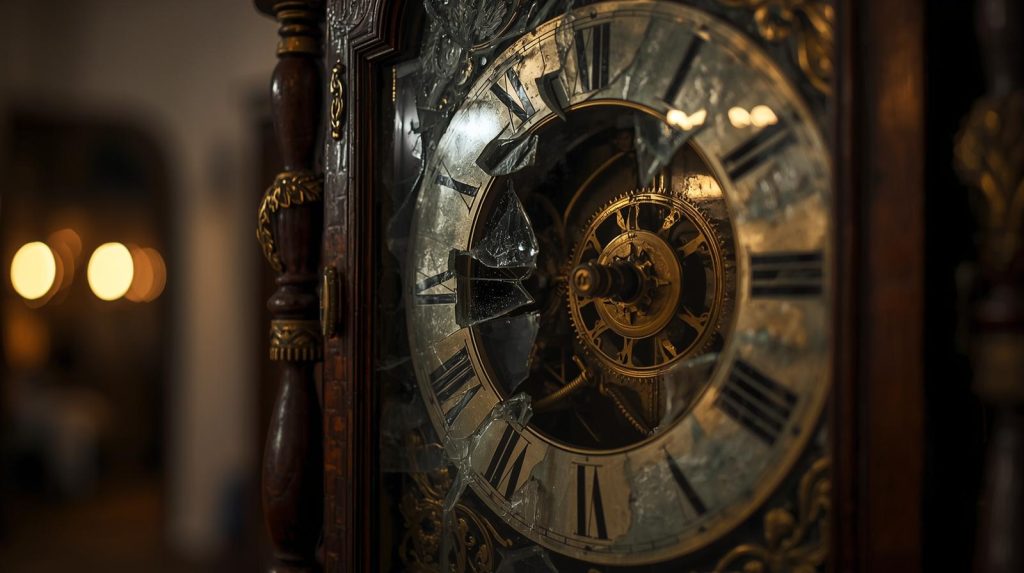
There’s a saying that’s become popular online: FAFO – F About and Find Out. It’s usually meant as a warning, but there’s actually a deeper wisdom in it. Most of us, in life or work, would rather do than overthink. We want to try something, take action, see what happens. And that’s a good thing because discovery rarely happens without a bit of risk.
What makes this tricky is that most of us think we already know what we should be doing. We set out with a plan, certain we’re on the “right” track, we ignore the experts or people with more experience who are warning us that we’re doing things incorrectly – that’s when the FAFO moment hits: we discover that our perfect plan wasn’t so perfect, and we get frustrated. It feels personal, as if failing means we were wrong all along, rather than simply learning something new.
We then can get annoyed – at the situation, at other people, or at ourselves. That’s the point where many of us give up, double down, or try to control things more tightly. But what if failure wasn’t a verdict, just information? What if FAFO didn’t mean “mess around and get punished” but “explore and learn”?
This is where mindfulness becomes so powerful. Mindfulness trains us to notice what happened without instantly judging it. It’s like slowing down the replay after a stumble: What exactly threw me off balance? What was my first reaction? Where did I tighten up? With awareness, each setback becomes a teacher instead of an enemy.
In Tai Chi, we deliberately practice this over and over – we wobble, we misstep, we repeat. There’s no “wrong,” just feedback. The more you do this, the less dramatic mistakes feel. They stop being proof of inadequacy and become simple invitations to adjust. That shift in attitude is where real growth happens.
FAFO, in this sense, becomes a path to mastery. You try, you find out, you learn – and you keep your curiosity alive rather than letting frustration shut you down. In a world where failure is often feared, a mindful approach reminds us that experimenting is not only allowed but essential. The real discovery is not just what you find out – it’s how you respond when you do.
